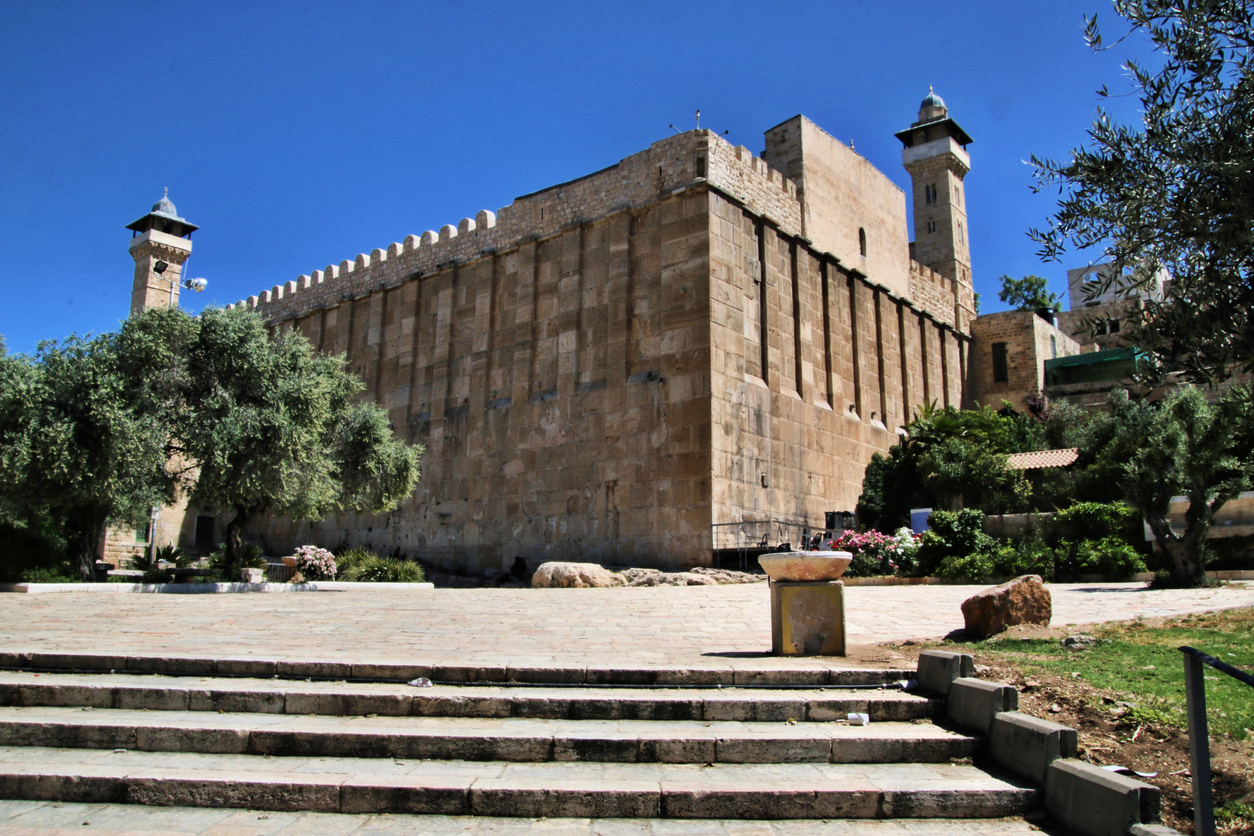We read in Ecclesiastes 7:3 (sefaria.org translation) of the importance of visiting a house of mourning, of commemorating the deceased, and of ensuring proper burial rites for those who have died:
“The living should take it to heart [that] whatever kindness I bestow upon the dead, I will need that they bestow [the same] upon me upon my death. He who raises his voice in lamentation, they will raise their voices in lamentation for him; he who bears the dead, they will bear him; he who eulogizes, they will eulogize him; he who escorts the dead, they will escort him.”
Our Talmudic sages (Ketubot 72a, sefaria.org translation) frame the issue more starkly: “…One who does not come to a house of mourning to comfort the bereaved will himself not be treated with proper dignity when he dies.” We often benefit when we do right by loved ones who have passed. And that is a good thing.
Yes, we may have loved those whom we have lost. No, they may not ever be able to thank us for our shows of kindness, respect, and devotion to them after they have died. But we do have a personal stake in mourning them with care and respect: setting norms for others and society as a whole so that we, too, may one day properly be mourned.
We see similar dynamics at play in this week’s Torah portion, Parshat Vayechi, which reflects upon Jacob’s death and his request to be buried in the land of Canaan rather than in Egypt. But the framing is distinct.
In Genesis 47:29 (sefaria.org translation), Jacob asks of his son Joseph, “Do me this favor, place your hand under my thigh as a pledge of your steadfast loyalty: please do not bury me in Egypt.” Jacob frames his words not in terms of filial or social obligation, but rather chesed v’emet – love and truth, or as the commentator Rashi reframes it, the “mercy of truth” – true kindness or love without hope of reward.
Midrashic commentators (Genesis Rabbah 96) suggest that Joseph was the only child with the power and ability to have his body taken to Canaan and buried according to Israelite ritual. Yet there may be still more at play in this story. It is as though Jacob is giving Joseph a final chance for repair of relationship – and affirmation of his status as a central part of the family. Further, Jacob is reaffirming the importance of Judaism to his son Joseph, who had long since acculturated in Egypt.
Far from being an unconditional request, there are conditions a many. But they are holy in their nature and pure in their intent. Jacob elevates his relationship with Joseph and provides a final lesson on Jewish heritage. In so doing, Jacob shows that chesed v’emet may not mean unconditional love at all but rather relationship elevated through the careful and loving choice of conditions.
Insofar as our society extols the virtues of unconditional love, our tradition calls the very premise into question. The most profound kinds of love may come with countless conditions, which grow through relationship even beyond one’s dying day. Yet it is the nature of those conditions – and the volition that both parties show in meeting them – that affirms the depth of the love therein.

Joshua Stanton is Rabbi of East End Temple in Manhattan and the Director of Leadership Formation at CLAL – The National Jewish Center for Learning and Leadership. He serves on the Board of Governors of the International Jewish Committee for Interreligious Consultations, which liaises on behalf of Jewish communities worldwide with the Vatican and other international religious bodies.

